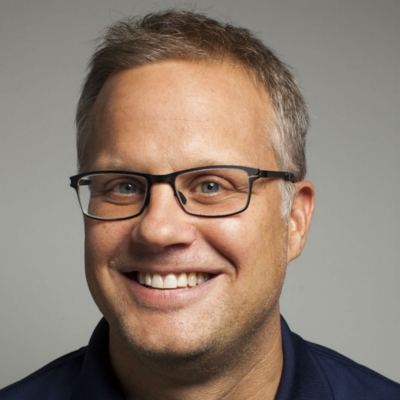January 23, 2017 12:00 PM
Featured Stories
How Tubi is positioning its ad products for buyers leaving traditional TV
Tubi pitches a slate of new ad formats during its NewFronts presentation, plus an app experience to imitate social and an Amazon partnership.




